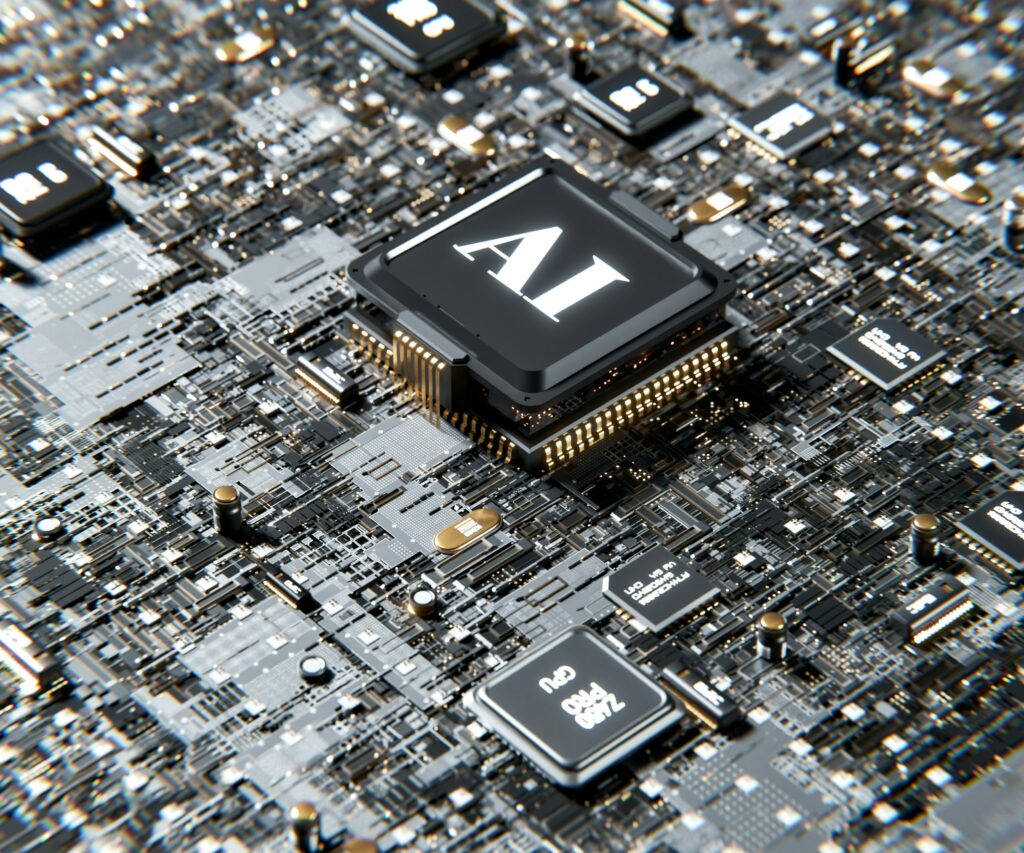Feature Photo by Ryan Parker on Unsplash
For the past year of our program, I have been interested in and have latched onto various educational technology (EdTech) topics. From my experience as a student and educator in the local public school district, I have recognized that many aspects of technology need to be rethought regarding what meaningful integration of technology is, looks, and feels like. Two topics that I have been interested in have been digital literacy and artificial intelligence (AI).

Digital literacy is the ability for anyone to effectively use digital technologies to find, evaluate, create, and communicate information. It ranges from basic internet navigation to safely managing online interactions and using technologies to complete/solve online tasks/problems. As seen through my experiences as an educator, students and educators lack meaningful, safe, and relevant digital literacy. With the recent (massive) advancements in digital technologies, there needs to be accessible, inclusive, and open resources for students, educators, and community members to build on their digital literacy.
Artificial Intelligence (AI), such as ChatGPT, is a particular tool that many educators have limited digital literacy. Given how teachers are overworked, different AI tools have shown that they can benefit educators when implemented authentically, ethically, and meaningfully. I have completed a couple of projects in my Master of Education program regarding how teachers can implement AI tools into their practices, and it is a topic I would like to integrate into my final project.

Here are my current ideas for a prospective research topic, problem, purpose, and question for my final project
My current context is that I am an educator in the GVSD and a University of Victoria sessional instructor. I’m really enjoying my work in the EDCI (Department of Curriculum and Instruction). I think it would be relevant, applicable, and meaningful to integrate my student work as a Master of Education student with my educator work at the University/GVSD. I recognize a need for the further development of educational tools/practices for integrating Artificial Intelligence in education settings, whether it be ethical awareness, literature analysis, or practical ideas/education about how these can be used in educational settings for students/teachers/administrators.
I’m interested in creating an open course at the university level for integrating artificial intelligence into education that focuses on the curriculum, students, and educators.
Here is an outline of what I am brainstorming for a final project idea
Title: Integrating Artificial Intelligence (AI) for Education: A Course for Educators
Research Topic: Integrating AI into educational settings that focus on enhancing curriculum, student learning outcomes, and teaching practices.
Research problem: While Artificial Intelligence (AI) has shown its ability to support educators in completing tasks, there needs to be more resources, information, and guidance for educators on how to effectively, ethically, and authentically integrate AI into their teaching practices. These gaps include general knowledge, digital literacy, and applications of AI, which prevent the meaningful implementation of AI tools into educational practices.

Purpose: This project aims to develop an open course for educators at the university level that addresses the benefits, challenges, and practical strategies for integrating AI into education. The course will explore where AI can be incorporated into the curriculum to benefit teacher practices and student learning outcomes.
Research Question(s):
- What are the benefits of AI in enhancing teaching and learning outcomes?
- What are the challenges educators face when integrating AI into their teaching practices?
- How can AI support meaningful curriculum implementation in different subjects/grade levels?
- What ethical, safety, and privacy considerations must be addressed when integrating AI in education?
